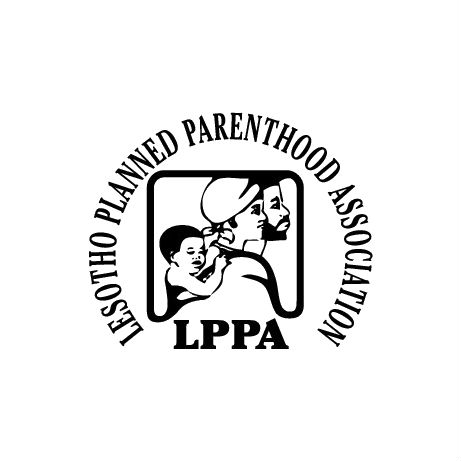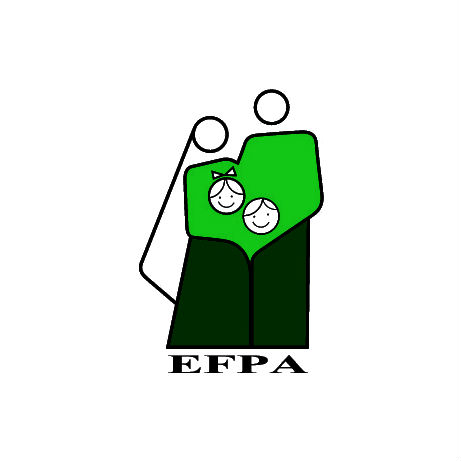

| 31 March 2016
Lesotho Planned Parenthood Association
One of IPPF’s central beliefs is that processes and approaches need to be adapted to meet the specific needs of a country. In Lesotho, a country with one of the highest HIV prevalence rates in the world, LPPA is very active in finding new ways to address neglected needs. LPPA provides a comprehensive range of sexual and reproductive health including: family planning, the management of sexually transmitted infections (STIs), screening for cancers of the reproductive system, the distribution of contraceptives and emergency contraceptives, pregnancy testing, post-abortion care, voluntary counselling and testing (VCT) and the management of infections. Clients are referred to other centres for CD4 tests and ARV treatment. LPPA reaches out to the communities it serves through 47 service points: 10 permanent clinics, 9 private providers, 30 associated agencies, 90 peer educators and 14 community-based distributors (CBDs). There are 54 permanent staff who are supported by over 200 volunteers. An estimated 75% of LPPA's clients are poor, marginalized, socially excluded and/or under-served. Target groups include cattle herders, prisoners, rural populations, factory workers, university students, police trainees and people living with HIV and AIDS. LPPA targets out-of-school children, and disseminates SRH information through drama, puppetry, sports for life, and facilitated discussions. Other education programmes include health talks, workshops, performances and radio and TV shows. In advocacy, LPPA reaches out to teachers, religious leaders and government leaders to promote favourable approaches to, and legislation on, SRH. LPPA has influential partnerships with government health and population departments, and it partners with major non-governmental organizations (NGOs). Donors include Irish Aid, UNDP, the Japan Trust Fund, and IPPF’s Korea Africa Fund. The Member Association has strong linkages with other organizations across the country, particularly in relation to HIV and AIDS. Website: www.lppa.org.ls

| 31 March 2016
Egyptian Family Planning Association
Though there is still a long way to go with regard to the risk of maternal and child mortality, Egypt’s sexual and reproductive health (SRH) statistics are improving year on year and the Egyptian Family Planning Association (EFPA) has been at the heart of driving improvements. It has done so through service delivery (complementing government services) and a concerted programme of advocacy to high-level policy makers. EFPA is the Egyptian government’s primary partner in SRH, and it co-ordinates the delivery of family planning services by other voluntary organizations. Additionally, EFPA is a lead partner in the National Population Commission’s ongoing initiative to increase contraceptive prevalence across the country. A critical part of the organization’s work is the provision of information, education and communication (IEC) programmes for the general public, many of which (particularly amongst young people) are run on a peer-to-peer basis. Emergency intervention to prevent reported early marriage cases is a key priority. EFPA has a particular interest in the socio-economic aspects of family planning and promotes activity designed to enhance women’s capacity for income generation. In 1972, EFPA set up the Alexandria Training Centre for family planning professionals, which it continues to run. Thanks to the EFPA, demand for SHR services by young people has increased, as has male condom use. EPFA successfully advocated for the issuance of 2 landmark legal codes criminalizing female genital mutilation (FGM), and raising the legal age of marriage. EFPA is a strong, well-established, transparent and competent association. It is known for its capacity to implement quality projects. EFPA enjoys the trust and confidence of many partners and donor agencies. These include, but are not limited to, UNFPA, UNIFEM, FHI, CEOSS, Y-PEER, the Regional Training Centre, the National Population Council, and the National Council for Child and Mother. Contacts Facebook: https://www.facebook.com/EFPA.eg Twitter: https://twitter.com/efpa_







